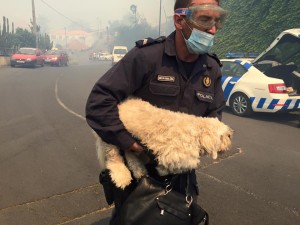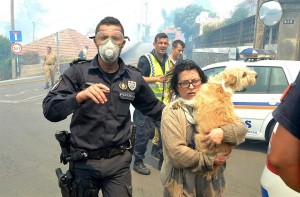Scripture Readings 21st August 2016, 21st Sunday in Ordinary Time, Year C
Is 66:18-21 Ps 116 Heb 12:5-7, 11-13 Lk 13:22-30
After lamenting the disasters God has sent on the Israelites because of their sins, third Isaiah sees hope in God’s renewal of his covenant promise and in the “new heavens and the new earth” which God is creating. Jerusalem will prosper and all nations will be invited to God’s holy mountain Jerusalem. God’s glory will be seen by all, and all nations will worship him.
Our readings from Hebrews quotes from the Book of Proverbs that a son should expect to be disciplined by his Father. So we should not be discouraged when God disciplines us: rather we should rejoice that God shows in this way that we are his beloved sons. We must endure our sufferings, turning away from sin and accepting the works God calls us to do. As God’s sons, we must persevere, not giving up too easily or treating God’s forgiveness as easily obtained “next time”.
Chapter 13 of Luke’s gospel emphasises the need to repent, to change our mind-set about God. After Jesus healed a crippled woman on the Sabbath, the synagogue ruler was outraged to be told his understanding of the Sabbath was hypocrisy. But we also have great difficulty in accepting God’s ways. Today’s reading insists that the entrance to the kingdom is narrow, and many will not enter.
Psalm Response: Go out to the whole world and proclaim the Good News.
(Is 66:18-21 Ps 116 Heb 12:5-7, 11-13 Lk 13:22-30)


